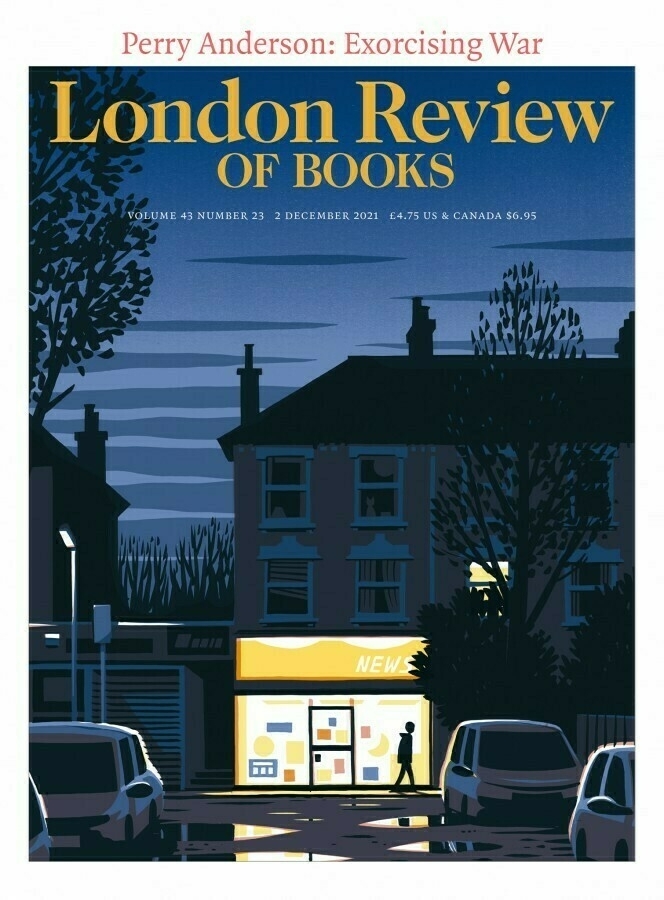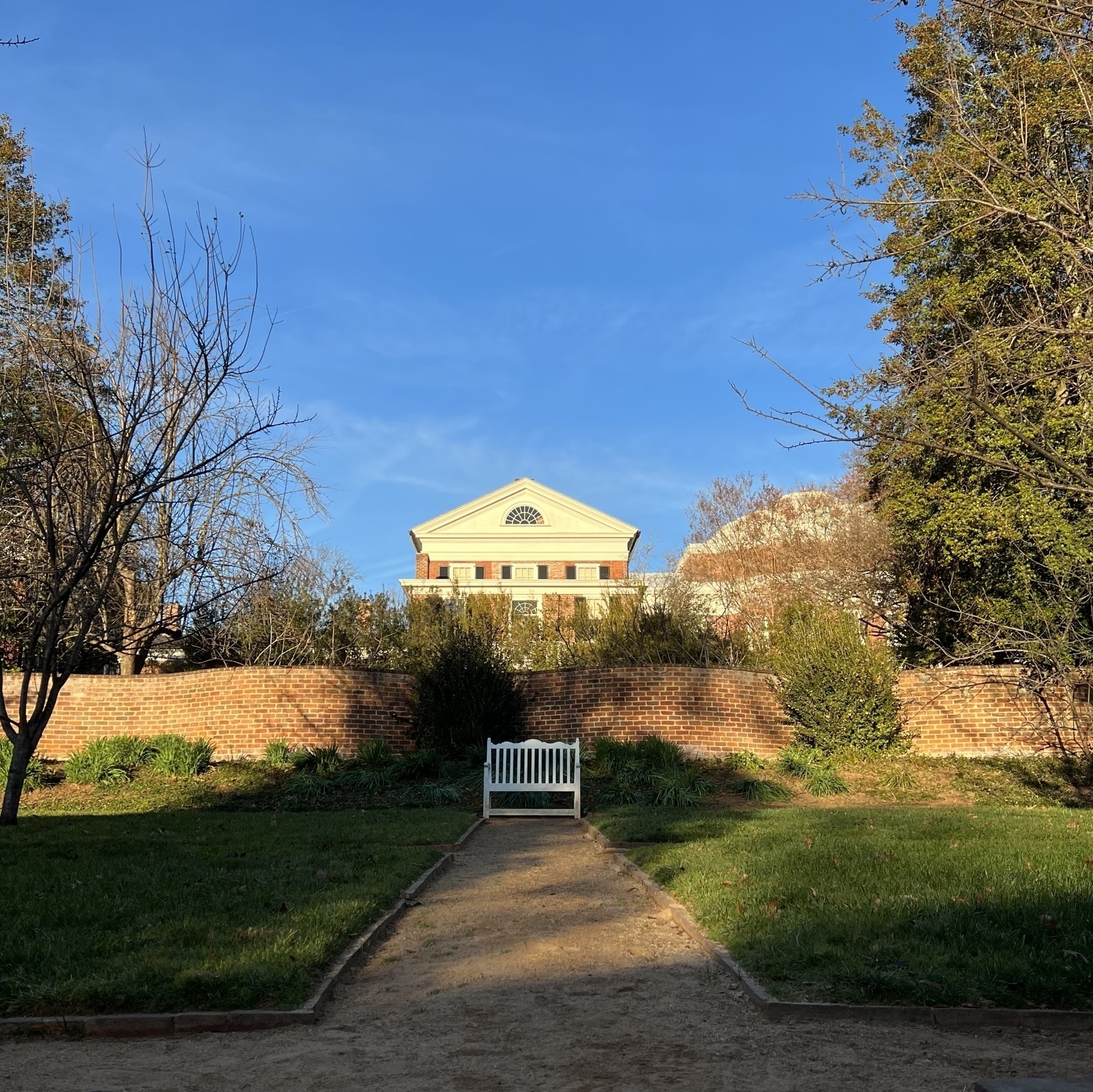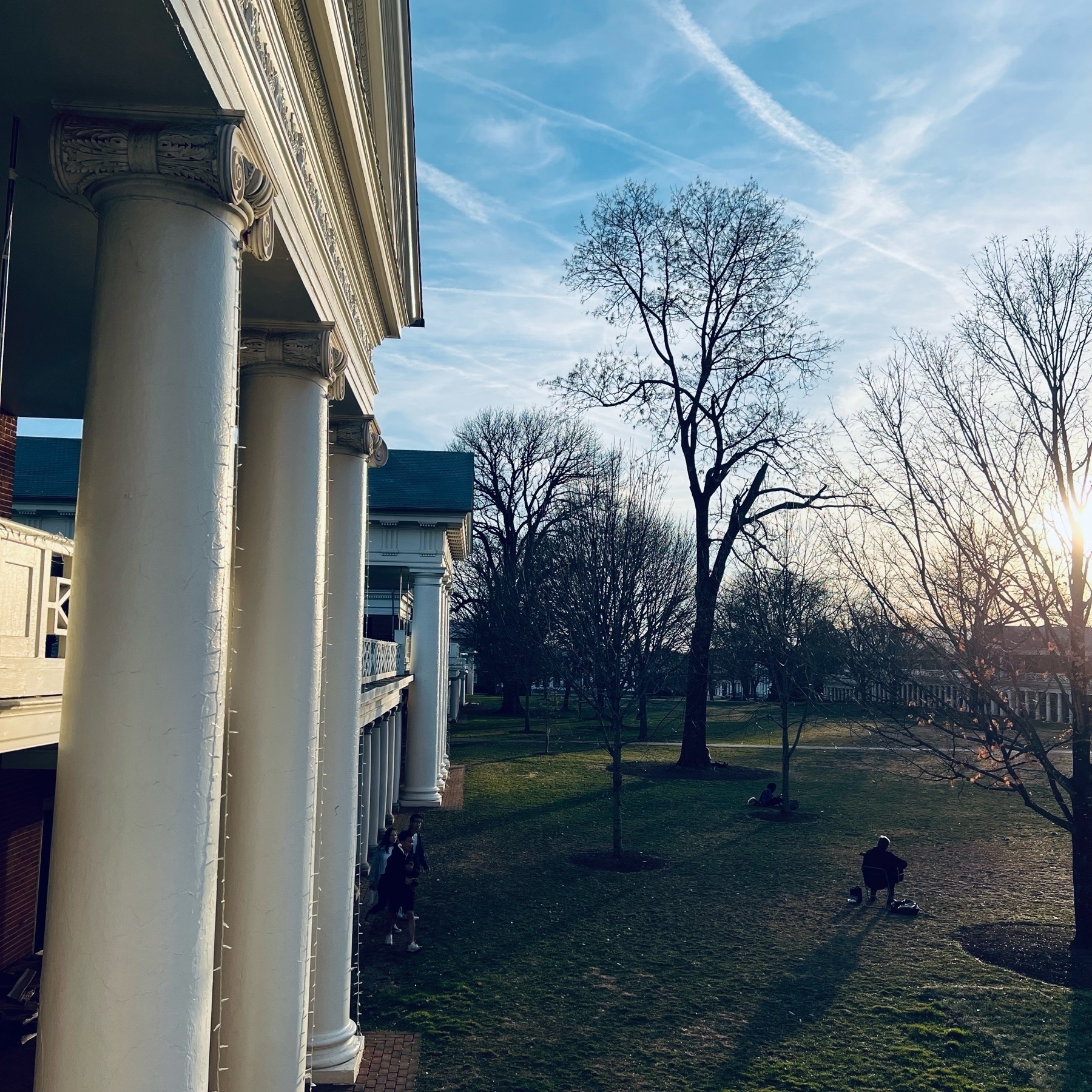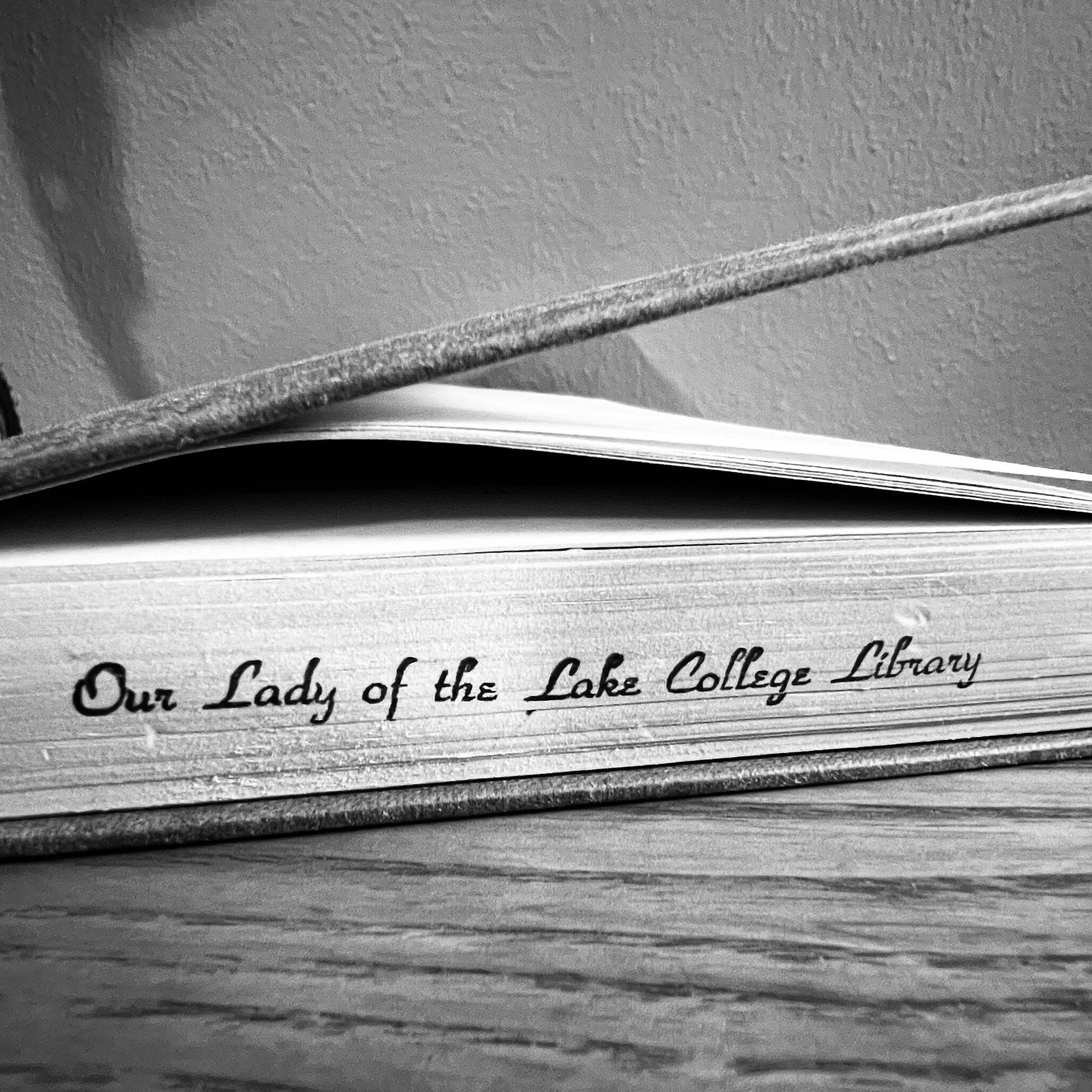Katharine Park: “Every time I read something in The New York Times that Leonardo da Vinci had to hide the fact that he was doing dissection, and every time I listen to a tour guide in Italy tell these stories, it just kills me. I don’t know how to get rid of this myth.”
New issue of my newsletter – featuring fakery, a cathedral builder, and an Advent poem – may be found here. (With some formatting issues I need to find a way to fix, sorry about that.)
Friedrich Kittler (1992): “I am adamantly in favor of the clean separation of the inorganic from the organic. My whole fascination has been dedicated to thinking this brilliant pebble, as the Pentagon so nicely put it — the silica material from which the whole thing is made; why mess that up with the already messy sauce inside our skulls?”
Treat ev’ry man according to his deserts, and who should ‘scape a scathing takedown?
My local coffee shop (Dichotomy) takes Christmas very seriously.
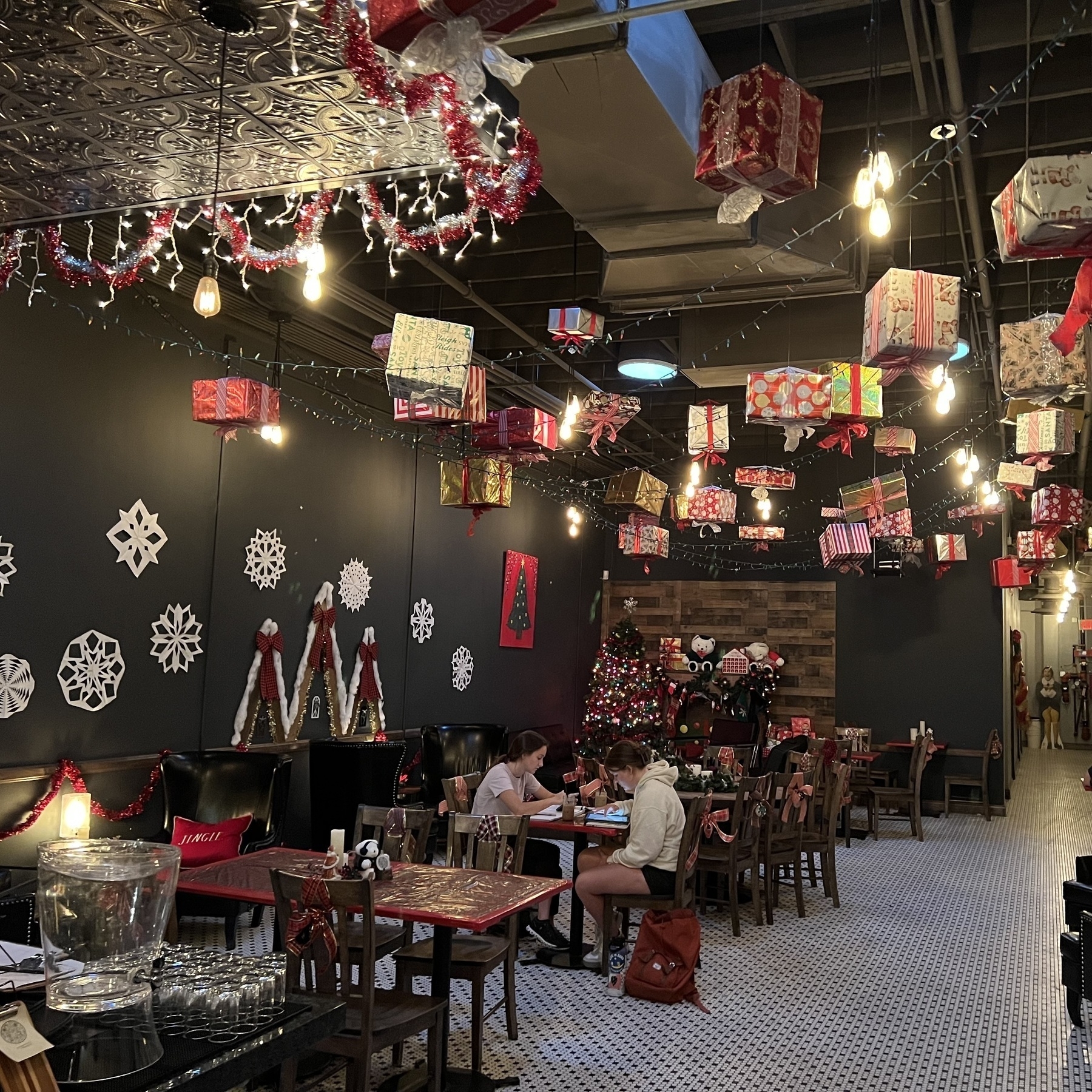
Brilliant essay by Mark Lilla on Julien Benda: “Our century will properly be called the century of the intellectual organization of political hatred. With this one sentence, we recognize Julien Benda as our contemporary. The hatreds he had in mind — racial, national, class-based — are once again our own. When Treason was written, street violence stoked by a hyper-partisan press was common between rival radical factions united only by their contempt for liberalism and parliamentary democracy.”
Kevin Kelly: “Security on a network is equivalent to pollution coming from a small source. If you pollute the river, you effect everyone’s drinking water. If your small device is hackable, everyone’s network is hackable. When the network is a big as the world, then my security depends on your security, and thus your security affects all security. Just as we collectively police the river for pollution so we, the commons, have a duty to regulate your security. Your security is all of our business.”
Samuel Johnson, from his “Life of Milton”:
It is told that in the art of education [Milton] performed wonders, and a formidable list is given of the authors, Greek and Latin, that were read in Aldersgate-street by youth between ten and fifteen or sixteen years of age. Those who tell or receive these stories should consider that nobody can be taught faster than he can learn. The speed of the horseman must be limited by the power of his horse. Every man that has ever undertaken to instruct others can tell what slow advances he has been able to make, and how much patience it requires to recall vagrant inattention, to stimulate sluggish indifference, and to rectify absurd misapprehension.

Finished reading: The Dawn of Everything: A New History of Humanity by David Graeber and David Wengrow 📚

Currently reading: Stone Age Economics by Marshall Sahlins 📚
12 Get Back Moments You Need to Know to Act Like You Watched the Whole Thing — I mean, yeah, if you’re into the whole TL;DW thing. But the chief point of the film, as I see it, is the way that moments of brilliance can emerge unexpectedly from a miasma of boredom and tension.
My colleague Perry Glanzer is 100% correct:
The reality is, when it comes to faculty formation, the Christian mission is not a high priority at Baylor University, compared to other goals like becoming an elite “R1” research institution. Thus, although millions have been poured into helping Baylor become R1, there are no specific financial incentives to help faculty do Christian scholarship, learn more about Christian teaching (versus teaching and learning in general) or to encourage Christian service. Moreover, there is no clarity about what “Christian” even means at Baylor, despite the administration’s constant insistence that our school is “unambiguously Christian.”
David Brooks with a shrewd inquiry:
Donald Trump is the near-opposite of the Burkean conservatism I’ve described here. How did a movement built on sympathy and wisdom lead to a man who possesses neither? How did a movement that put such importance on the moral formation of the individual end up elevating an unashamed moral degenerate? How did a movement built on an image of society as a complex organism give rise to the simplistic dichotomies of manipulative populism? How did a movement based on respect for the wisdom of the past end up with Trump’s authoritarian campaign boast “I alone can fix it,” perhaps the least conservative sentence it is possible to utter?
Keep reading for his answers, which I think are spot-on.
James Hankins: “One clear change [in historical scholarship] was the coverage of what my colleagues call the ‘deep past,’ meaning anything that happened before 1700. In 1992, 17% of sessions were devoted to the deep past, in 2022 only 8%. History as it is done in 2022 is almost entirely devoted to the history of the 20th and 21st centuries.”
Here in Waco we get “SpaceX thunder”: reverberations from the rocket testing site fifteen miles away in McGregor. Last night we had the strongest thunder I’ve experienced in my eight years here – the entire house rattled. Maybe related to this?
Lovely New Yorker -ish image on the cover of the LRB.
